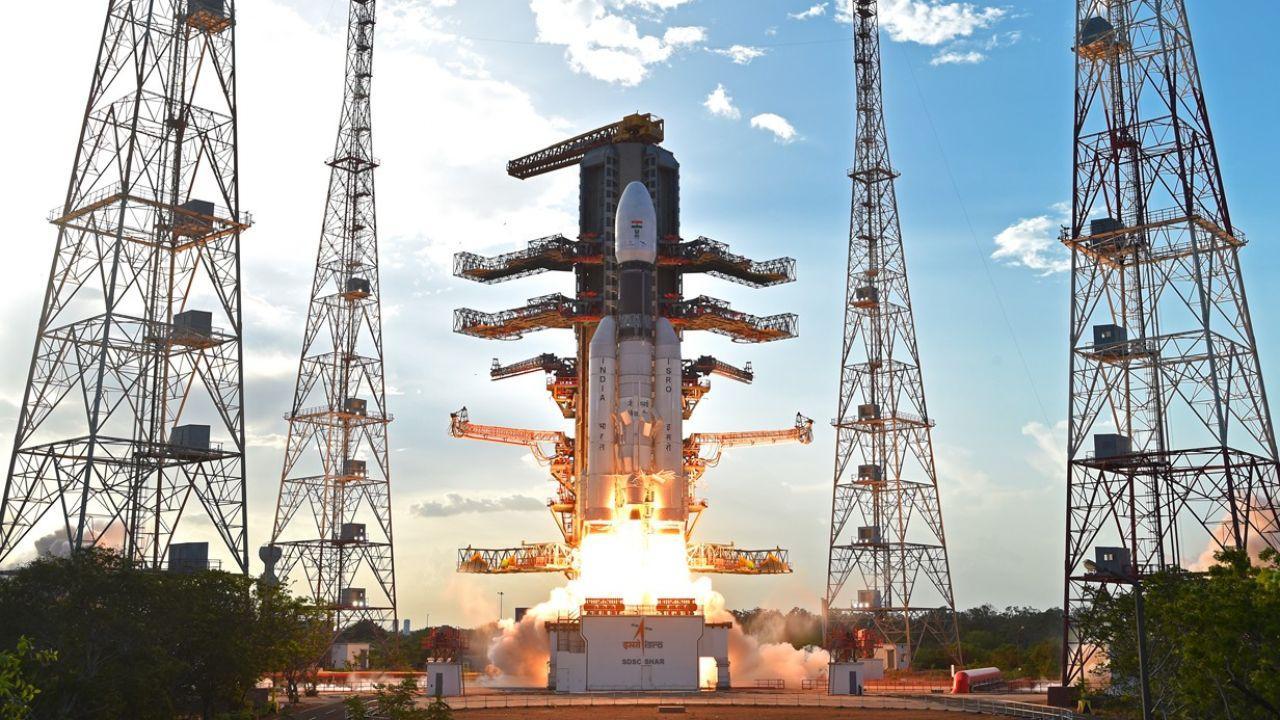As ISRO's inaugural dedicated solar mission, Aditya-L1 will carry seven specialized payloads designed to observe various layers of the Sun using different wavebands. These observations will encompass the photosphere, chromosphere, and the outermost corona

Aditya-L1 will carry seven specialized payloads designed to observe various layers of the Sun using different wavebands/ Pic/X
Following the triumph of its moon lander mission, Indian Space Research Organisation (ISRO) is now preparing for the launch of the Aditya-L1 solar mission, anticipated to take place around September 2. The mission aims to closely examine the Sun, gathering crucial data about its corona and solar wind from a distance of approximately 1.5 million kilometres away, reported PTI.
ADVERTISEMENT
The Aditya-L1 spacecraft is engineered to provide remote observations of the solar corona and on-site observations of solar wind activity from the Sun-Earth Lagrangian point (L1). As ISRO's inaugural dedicated solar mission, Aditya-L1 will carry seven specialized payloads designed to observe various layers of the Sun using different wavebands. These observations will encompass the photosphere, chromosphere, and the outermost corona.
The PTI report further stated, Aditya-L1 exemplifies a wholly indigenous initiative with participation from national institutions. The Indian Institute of Astrophysics in Bengaluru leads the Visible Emission Line Coronagraph payload development, while the Solar Ultraviolet Imager payload has been crafted by the Inter-University Centre for Astronomy and Astrophysics in Pune.
The mission will offer insights into the Sun's corona, chromosphere, and solar flares through various payload instruments. The satellite's unique halo orbit around the L1 point enables continuous solar observations without any hindrance, yielding real-time data on solar activities and their influence on space weather.
Aditya-L1's strategic position at L1 allows four payloads to directly observe the Sun, while the remaining three conduct in-situ studies of particles and fields. This comprehensive approach facilitates the study of solar dynamics' propagation in the interplanetary medium, enhancing our understanding of solar phenomena like coronal mass ejections, flares, and space weather dynamics.
The primary objectives of the Aditya-L1 mission encompass examining solar upper atmospheric dynamics, understanding the physics of partially ionised plasma in the chromosphere and corona, studying the initiation of coronal mass ejections and flares, and observing particle dynamics originating from the Sun, the report read.
Aditya-L1's instruments are meticulously calibrated to scrutinize the solar atmosphere, with a specific emphasis on the chromosphere and corona. Simultaneously, in-situ tools will monitor the local environment at the L1 point.
The satellite, crafted at the UR Rao Satellite Centre, recently arrived at Sriharikota's spaceport in Andhra Pradesh. An ISRO official told PTI that the expected launch date for the Aditya-L1 mission is September 2, subject to logistical considerations.
 Subscribe today by clicking the link and stay updated with the latest news!" Click here!
Subscribe today by clicking the link and stay updated with the latest news!" Click here!












